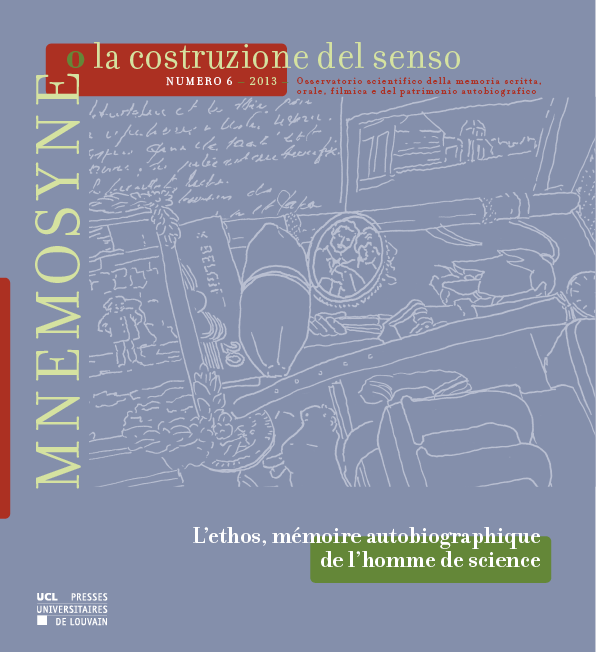Ion Vianu’s Autobiographical Account.
About the (Dis)advantages of a Borderline Condition
DOI:
https://doi.org/10.14428/mnemosyne.v0i6.13733Keywords:
Romanian literature, heterography, in-betweennessAbstract
Ion Vianu (b.1934, Bucarest), Romanian psychiatrist and writer, son of a famous professor of comparative literature (Tudor Vianu), becomes recognized also for his positions against the communist authorities’ attempt of using psychiatry as a political weapon. In 1977 he chooses the path of exile, continuing his psychiatric research and practice in the Western world (Switzerland). Starting from the assumption that our scholar represents a paradigmatic example of what may be called an “in-between” identity, this paper intends to analyse the image(s) that the narrator gives of himself through a discourse which continuously tries to harmonize memory and forgetfulness, testimony and evidence, authenticity and rhetorical devices.
Downloads
Published
2018-10-15
Issue
Section
Articles



